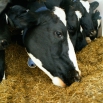Knowledgebase
Kingshay's Knowledgebase - Feeding
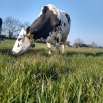
With the costs of purchased feeds at record levels, there has never been a more important time to challenge how much milk you can achieve from grazed grass. It is never ...
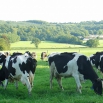
Mid season grazing management presents a challenge. While it’s easy to grow grass in spring, as rotations progress, grass quality diminishes if effort is not put in. Ma...
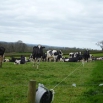
With the rise in feed costs in recent years, utilisation of forages has become increasingly important to reduce volatility and maintain profits. In May 2010, milk fro...
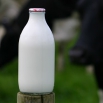
Milk protein often has greater financial benefits than butterfat within payment schemes, although protein percentage is less variable and harder to manipulate. Milk prote...
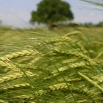
Harvesting grain destined for animal feed when it's moist rather than dry can shorten harvest times in difficult weather conditions and allow for a faster turn around in ...
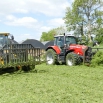
Adopting a multi-cut silage system, which reduces the interval between silage cuts could be one way to help farmers maximise milk from forage - something nearly all respo...
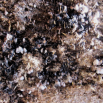
Mycotoxins are a hidden risk in feeds and forages which can lead to milk suppression, suboptimal fertility and health issues. Once present, they are impossible to remove,...
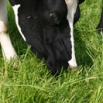
Nitrates in forage can reduce milk yields and cause fertility problems, can turn silage butyric and even cause death in stock. This Farming Note covers: How to ens...

This Research Insight explores the roles of prebiotics and probiotics, explaining how they function and highlighting findings from scientific studies conducted around the...
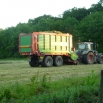
Many factors determine the quality of the silage that is ultimately fed to dairy cows. The Forage Cost Report bases yield and cost values on an average of well grown crop...
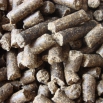
Protein feed markets are always volatile but farmers can look to forward plan purchasing protein sources to manage costs or introduce more home grown forage proteins to t...

